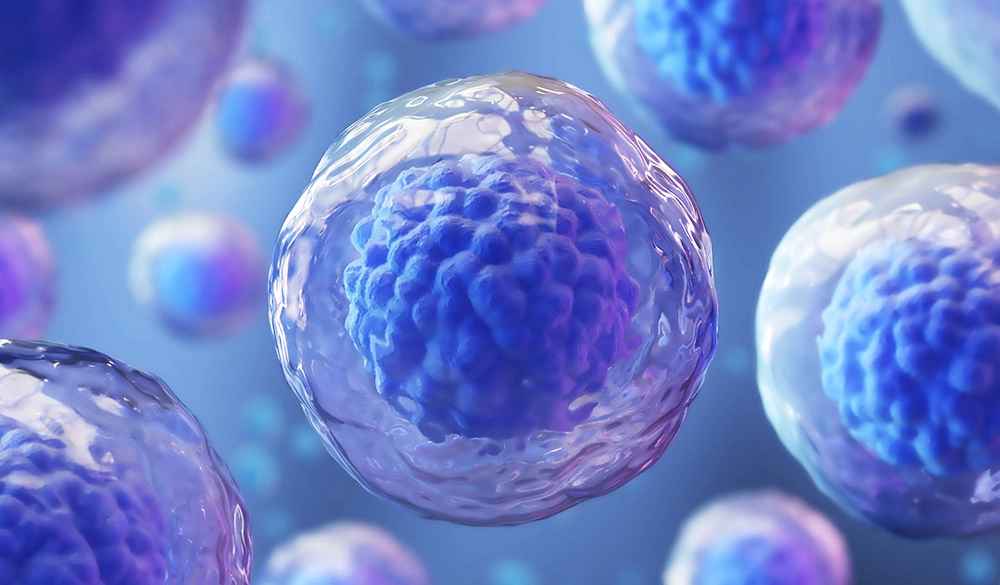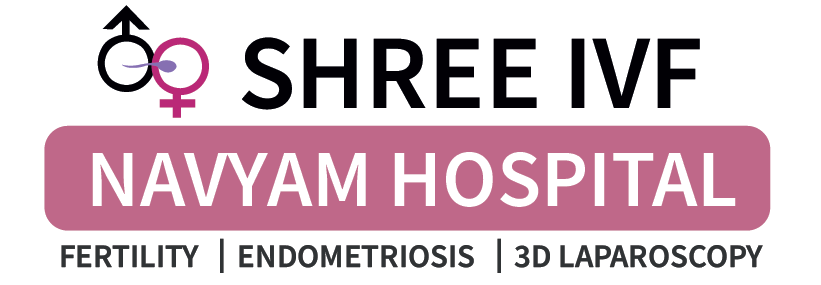
Paternal Lymphocyte Immunization (PLI) emerges as a beacon of hope for couples navigating the challenging path of infertility.
This innovative treatment focuses on enhancing the female partner’s immune tolerance towards the paternal antigens, thereby improving the chances of a successful pregnancy. It is particularly beneficial for couples who have experienced recurrent miscarriages or multiple unsuccessful in vitro fertilization (IVF) attempts, suggesting a possible immune rejection of the pregnancy.
🩺 Paternal Lymphocyte Immunization (PLI)
Paternal Lymphocyte Immunization (PLI) is a fertility treatment designed to help women with recurrent pregnancy loss (RPL), repeated implantation failure (RIF), or unexplained infertility. This therapy involves injecting the male partner’s lymphocytes (white blood cells) into the female partner to boost her immune tolerance toward the embryo. PLI aims to prevent the woman’s immune system from rejecting the embryo, which increases the chances of a successful pregnancy.
✅ What is PLI?
Paternal Lymphocyte Immunization (PLI) is an immunotherapy used in fertility treatments. It involves:
- Injecting the male partner’s lymphocytes into the female partner’s body.
- Stimulating the production of blocking antibodies to prevent the woman’s immune system from attacking the embryo.
- Increasing immune tolerance toward paternal antigens, which improves the chances of embryo implantation and reduces the risk of miscarriage.
🔍 Who is PLI Recommended For?
PLI is generally recommended for:
- Recurrent Pregnancy Loss (RPL): Women who have experienced two or more consecutive miscarriages.
- Repeated IVF Failure: Couples with failed IVF cycles despite good-quality embryos.
- Unexplained Infertility: When no specific cause of infertility is diagnosed.
- Autoimmune or Alloimmune Issues: Women whose immune system may reject the embryo, mistaking it as a foreign body.
- Low Blocking Antibody Levels: Women with low levels of protective antibodies necessary for successful implantation.
💉 How is PLI Performed?
The PLI procedure involves the following steps:
- Blood Collection from Male Partner:
- A small amount of blood is drawn from the male partner.
- The blood is processed to isolate the lymphocytes (white blood cells).
- Lymphocyte Preparation:
- The lymphocytes are purified and prepared for injection.
- The concentration of lymphocytes is carefully adjusted to ensure optimal effectiveness.
- Injection into Female Partner:
- The purified lymphocytes are injected into the woman’s forearm or under the skin.
- Typically, 2-4 injections are administered over a period of weeks.
- The treatment may be repeated every 4-6 weeks during early pregnancy to maintain immune tolerance.
🌟 How Does PLI Work?
PLI aims to enhance immune tolerance by:
- Boosting Blocking Antibodies:
- PLI stimulates the woman’s immune system to produce blocking antibodies.
- These antibodies prevent the maternal immune system from attacking the embryo.
- Improving Embryo Implantation:
- By preventing the immune system from identifying the embryo as foreign, PLI increases the chances of successful implantation.
- It reduces the risk of embryo rejection.
- Reducing Miscarriage Risk:
- PLI lowers the risk of immune-related miscarriages by promoting immune tolerance.
📊 Success Rate of PLI
The success rate of PLI varies based on individual cases, but studies have shown:
- 60-80% success rate in women with recurrent pregnancy loss.
- Higher live birth rates in women with previous IVF failures.
- Increased implantation rates in unexplained infertility cases.
- Improved pregnancy outcomes for women with autoimmune or alloimmune issues.
🚫 Risks and Side Effects of PLI
While PLI is generally safe, it carries some potential risks and side effects:
- Mild Skin Reactions:
- Redness, swelling, or itching at the injection site.
- Flu-like Symptoms:
- Mild fever, fatigue, or body aches.
- Allergic Reactions:
- Rare cases of allergic responses to paternal lymphocytes.
- Infection Risk:
- Though rare, improper handling of lymphocytes could increase the risk of infection.
- Limited Scientific Consensus:
- PLI is still considered experimental in some countries, and not all fertility clinics offer it.
💰 Cost of PLI Treatment
The cost of PLI depends on location, clinic, and the number of treatments required:
- In India: The cost ranges from ₹25,000 to ₹60,000 per cycle.
- Globally: The cost varies between $1,000 to $3,000 per session.
- Multiple PLI sessions may be required, increasing the overall cost.
✅ Benefits of PLI Treatment
- Reduces Miscarriage Risk: Helps prevent recurrent pregnancy loss caused by immune rejection.
- Improves Implantation Rates: Enhances the chances of embryo implantation in IVF.
- Boosts Immune Tolerance: Encourages the production of blocking antibodies, which protect the embryo.
- Minimally Invasive: PLI is performed through simple injections, making it a non-invasive fertility treatment.
- Increases IVF Success: PLI is often combined with IVF cycles to improve success rates.
🌸 Key Takeaway
Paternal Lymphocyte Immunization (PLI) is a fertility-enhancing immunotherapy designed for women with recurrent miscarriages, repeated IVF failures, or unexplained infertility. By injecting the male partner’s lymphocytes into the female partner, PLI boosts immune tolerance, reduces the risk of embryo rejection, and increases the chances of a successful pregnancy. Though still considered experimental in some regions, PLI offers hope for couples struggling with immune-related infertility challenges. 💖


